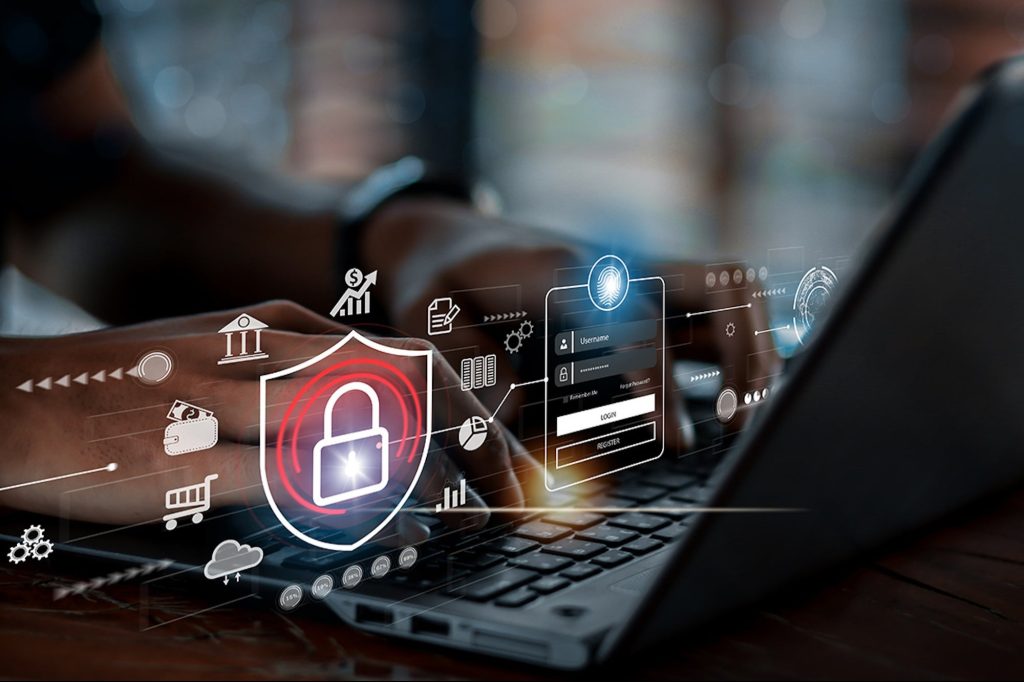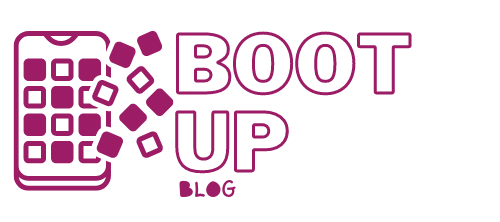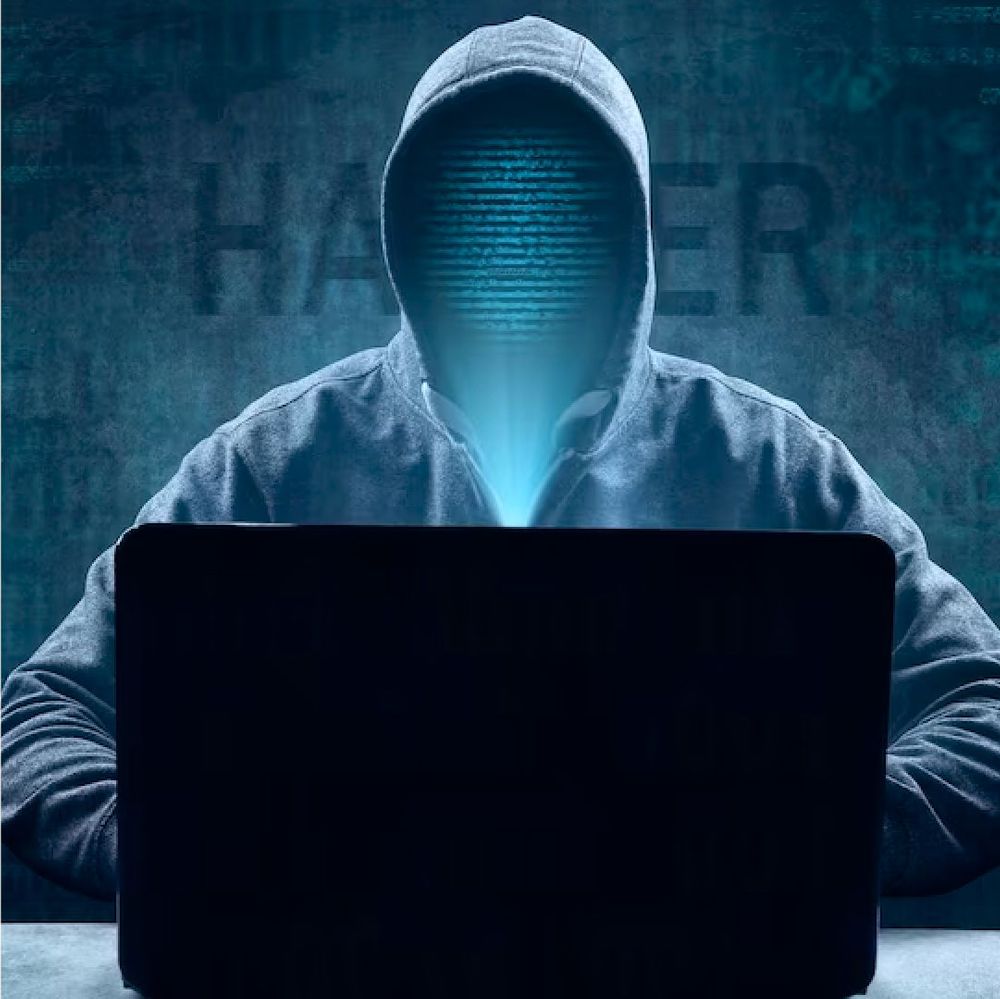In today’s digital age, cybersecurity is of paramount importance, and ethical hackers play a critical role in safeguarding our digital world. Ethical hackers, also known as white-hat hackers, are professionals who use their skills to identify and resolve security vulnerabilities and protect systems from malicious attacks. To excel in this field, ethical hackers require a diverse skill set that goes beyond technical proficiency. In this blog post, we will explore the top skills an ethical hacker needs to thrive in the ever-evolving landscape of cybersecurity.
Profound Technical Knowledge
Understanding Operating Systems: Ethical hackers must possess in-depth knowledge of various operating systems, including Windows, Linux, and macOS. This expertise allows them to identify vulnerabilities specific to each platform.
Networking Protocols: Proficiency in networking protocols, such as TCP/IP, HTTP, and DNS, is essential. Ethical hackers need to understand how data flows through networks and the vulnerabilities that may be exploited.
Programming and Scripting: Knowledge of programming languages like Python, Java, or C/C++ is crucial. Ethical hackers use programming to create custom scripts for automating tasks and conducting security assessments.
Web Application Security: Web applications are common targets for cyberattacks. Ethical hackers must be well-versed in web application security and know how to identify common vulnerabilities like SQL injection, cross-site scripting (XSS), and cross-site request forgery (CSRF).
Security Tools Proficiency
Vulnerability Scanners: Ethical hackers use tools like Nessus, OpenVAS, and Qualys to identify vulnerabilities in systems and networks automatically.
Penetration Testing Tools: Proficiency with tools such as Metasploit, Burp Suite, and Nmap is essential for conducting penetration tests and simulating cyberattacks to identify weaknesses.
Wireless Network Tools: Ethical hackers often need to test the security of wireless networks. Tools like Aircrack-ng and Wireshark are indispensable for this purpose.
Firewall and IDS/IPS Bypass Tools: Ethical hackers may need to understand and use tools that bypass or evade firewalls and intrusion detection/prevention systems.
Strong Analytical Skills
Critical Thinking: Ethical hackers must think critically and creatively to identify vulnerabilities and potential attack vectors that adversaries might exploit.
Problem-Solving: In the ever-changing world of cybersecurity, ethical hackers often encounter novel challenges. Effective problem-solving skills are essential to adapt and overcome these obstacles.

Continuous Learning and Adaptability
Staying Informed: The cybersecurity landscape is constantly evolving. Ethical hackers must stay updated on the latest threats, vulnerabilities, and defense mechanisms through continuous learning and engagement with the cybersecurity community.
Adapting to New Technologies: As new technologies and trends emerge, ethical hackers need to quickly adapt and understand the security implications of these innovations.
Ethical and Legal Understanding
Compliance and Regulations: Ethical hackers must be aware of legal and regulatory requirements related to cybersecurity, especially concerning data protection and privacy, such as GDPR and HIPAA.
Ethical Boundaries: Ethical hackers must adhere to ethical standards and maintain a strong sense of integrity. They should never use their skills for malicious purposes or exploit vulnerabilities without proper authorization.
Soft Skills
Curiosity: A strong desire to learn and a curious mindset are essential traits for ethical hackers. Cybersecurity is a field that continually presents new challenges and requires a thirst for knowledge.
Patience and Persistence: Security assessments can be time-consuming, and progress may be slow. Ethical hackers must have the patience to methodically analyze systems and the persistence to overcome obstacles.
Teamwork: Collaborative skills are crucial, especially when working in diverse and multidisciplinary teams. Ethical hackers often need to coordinate efforts with IT professionals, developers, and other stakeholders.
A Solid Foundation in Ethics
Strong Moral Compass: Ethical hackers should possess a strong moral compass that guides their actions and ensures they consistently make ethical decisions.
Respect for Privacy: Respect for individuals’ privacy and data protection is paramount. Ethical hackers must conduct their work with utmost discretion and sensitivity.
Certifications: Ethical hackers often pursue certifications such as Certified Ethical Hacker (CEH), Certified Information Systems Security Professional (CISSP), and Certified Information Security Manager (CISM) to validate their skills and knowledge.
The role of an ethical hacker is critical in safeguarding our digital world. The top skills required for this profession encompass technical expertise, analytical thinking, communication, and a deep understanding of the ethical and legal aspects of cybersecurity. Ethical hackers serve as the first line of defense against cyber threats, and their ever-evolving skill set is essential in the ongoing battle to protect our digital infrastructure. Whether you are considering a career in ethical hacking or seeking to improve your organization’s cybersecurity posture, these skills are indispensable for success in this vital field.

